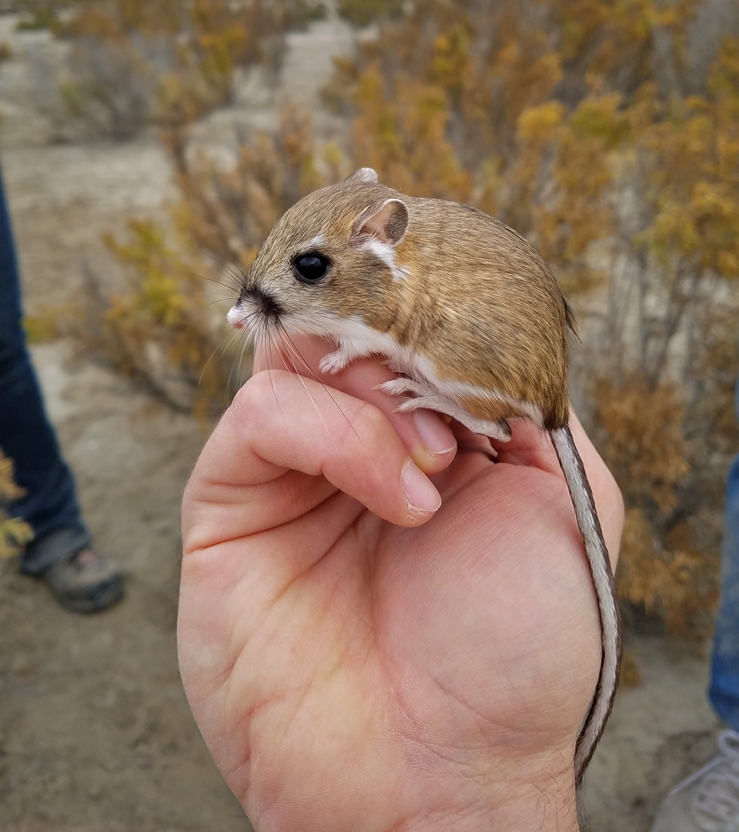
Water storage & the Desert Kangaroo Rat
- How could we use a counter-current exchange system to help minimize the amount of water lost from the respiratory system process for humans in arid climates? Or if it could apply to cooling mechanisms / systems for machines?
Originally for the assignment I started thinking about jellyfish both their phosphorescence and self-healing abilities. However, there’s a lot of current existing technology and applications centered around those qualities so tried to think a little more on another animal and came across the kangaroo rat ❤ It has an increased ability for water storage, having adapted to its desert climate. According to its wiki page there are a few qualities that play into its superwater storage ability are its kidneys, its back legs that allow it to bounce around large areas for high carb seeds that yield it water, and its skull anatomy.
I wonder if there’s a way to incorporate the structural understanding or its longer nasal cavities into housing for tech to keep it cooler or more moist. Thinking about the potential benefits of a counter- current exchange system.
“Desert kangaroo rats have the longest nasal cavity of all the kangaroo rats, which allows for better water conservation. Hot, dry air can remove water from the body. The long nasal cavities reduce this water loss by cooling the air leaving the lungs. Cooling air releases moisture for reabsorption to the body so its loss can be avoided in a situation where water is a precious resource.[5]”
__________________________________________________________________________________
Skull Anatomy[edit]
Desert kangaroo rats have the longest nasal cavity of all the kangaroo rats, which allows for better water conservation. Hot, dry air can remove water from the body. The long nasal cavities reduce this water loss by cooling the air leaving the lungs. Cooling air releases moisture for reabsorption to the body so its loss can be avoided in a situation where water is a precious resource.[5]”

(slide from powerpoint presentation Illinois University )

